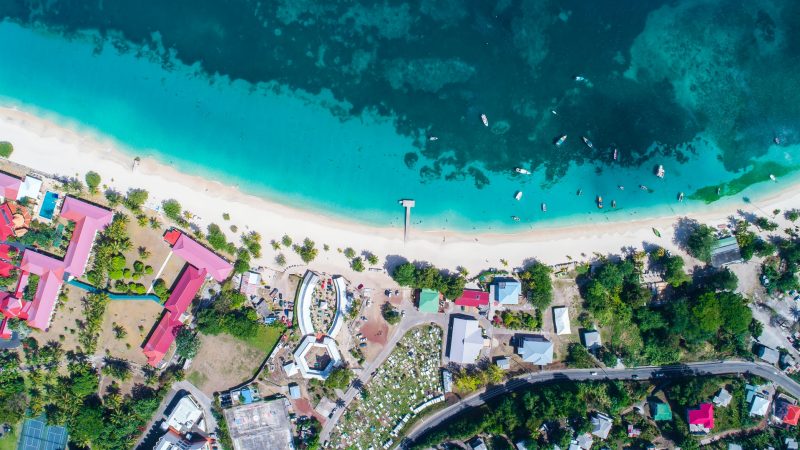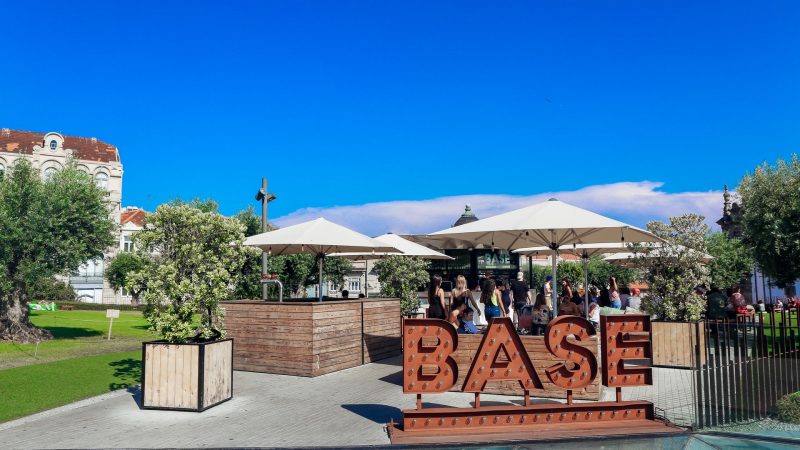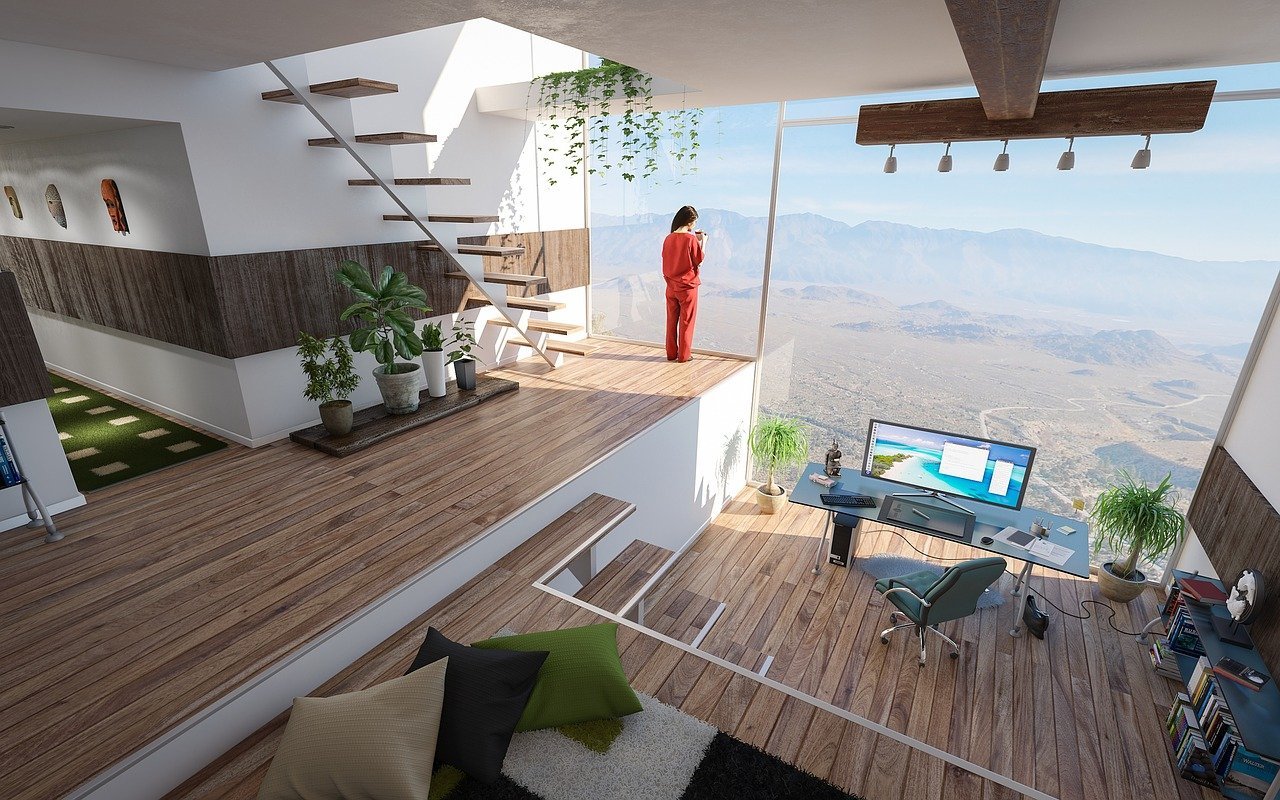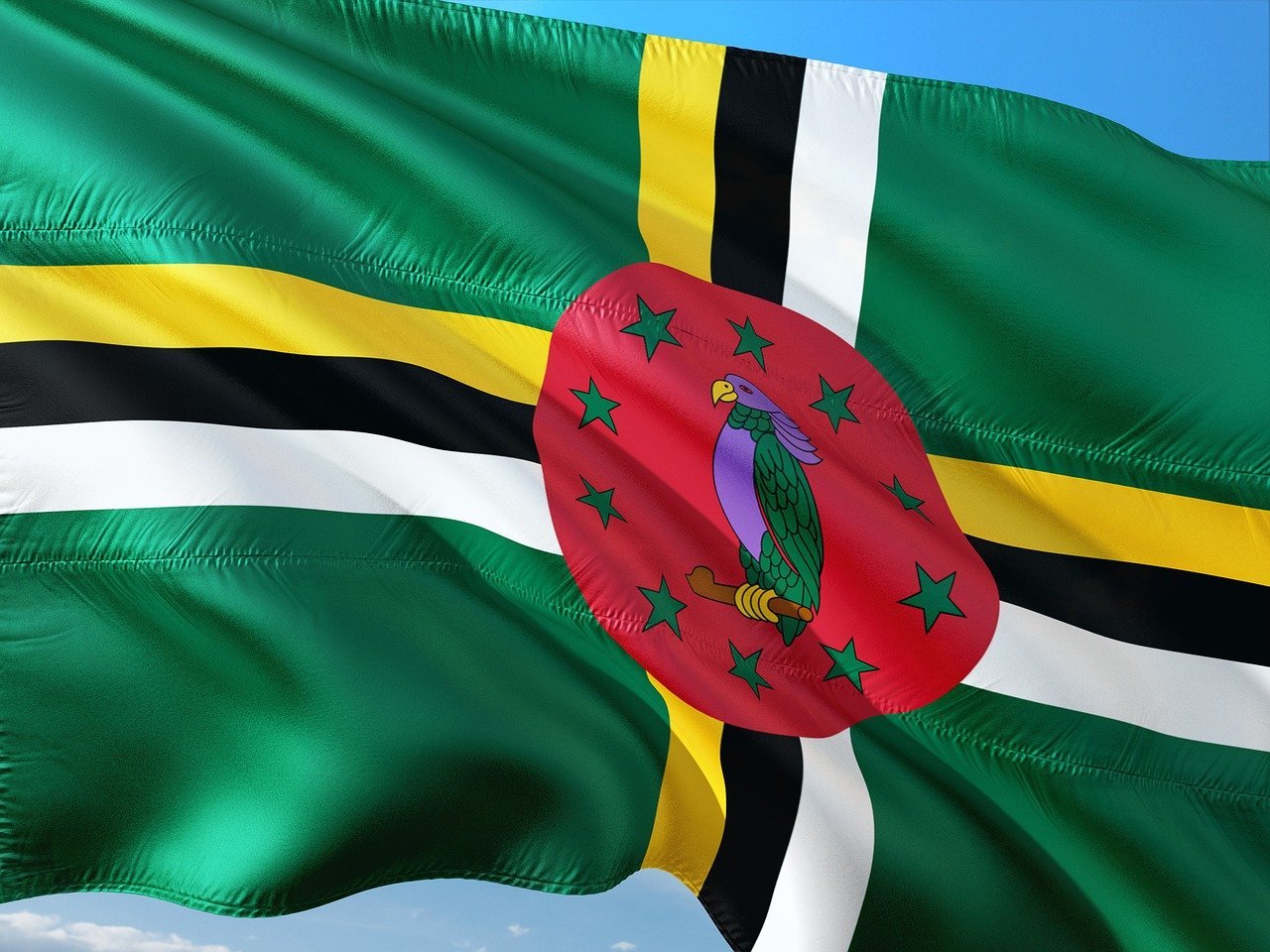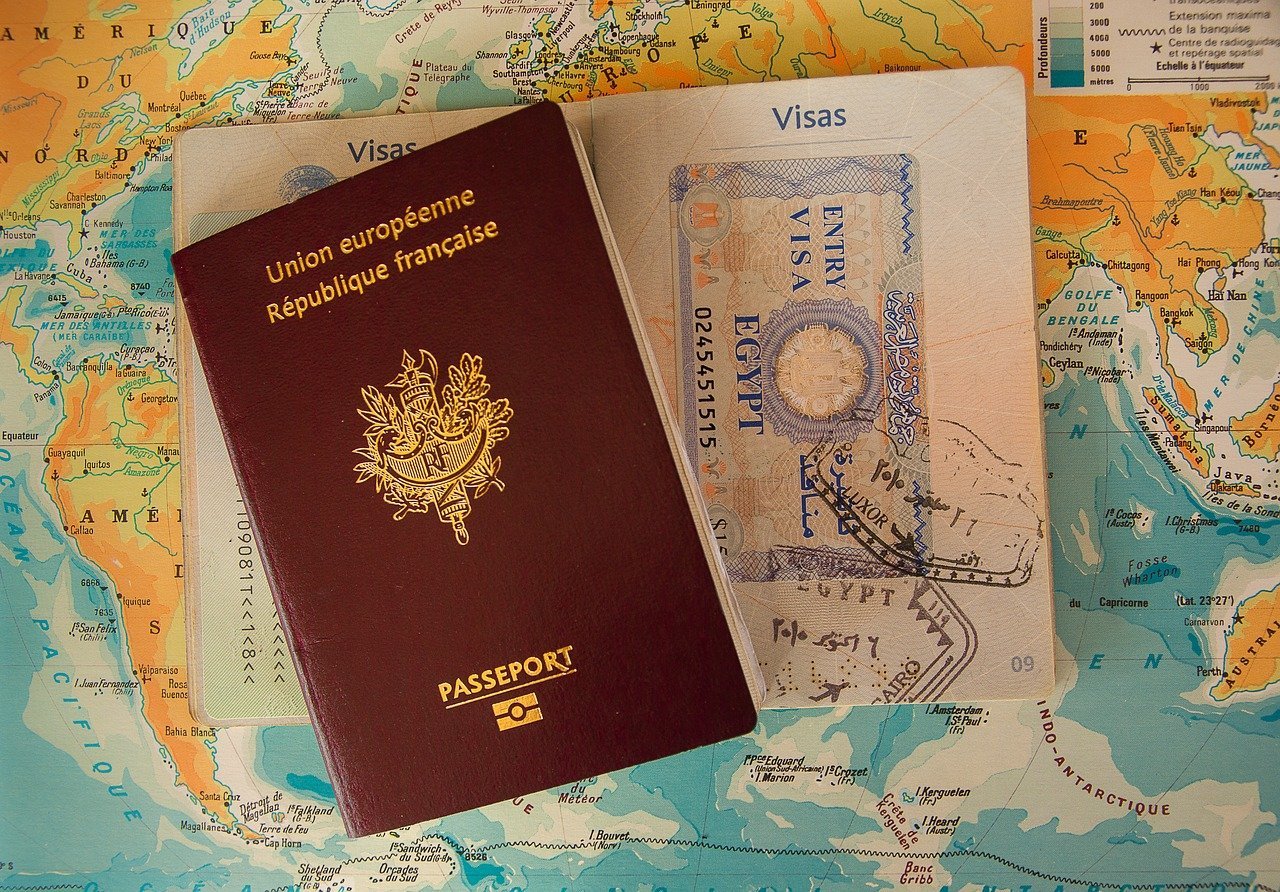How to get a Montenegro residence permit
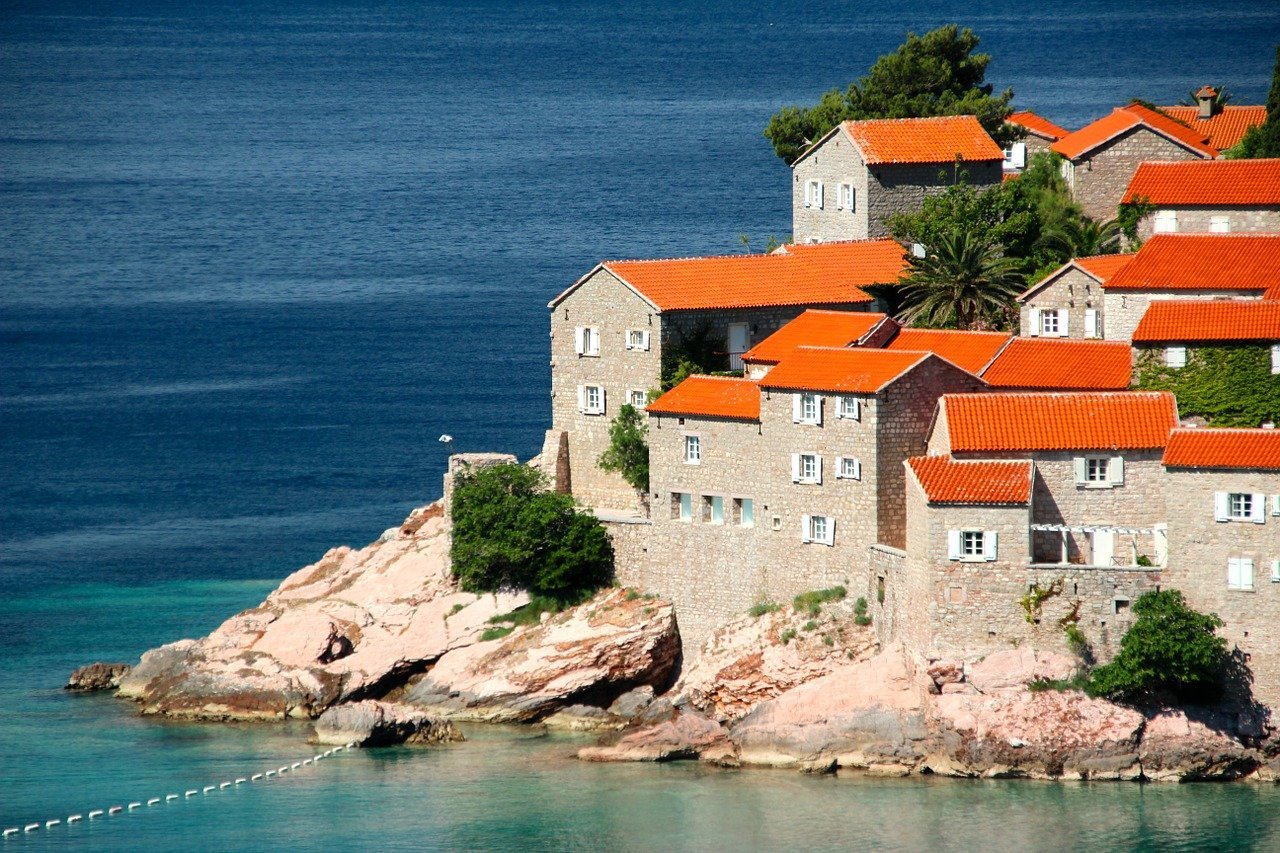
There are more than 13 ways you can qualify for a Montenegro residence permit, according to local immigration law.
This is good news if you are looking to move to Montenegro.
The residence permit is your licence to stay for longer periods and avoid all the hassle that comes with visa hopping.
The other piece of good news is that Montenegro’s residence permit is relatively easier to get than other countries.
Certainly, this is an easier process than in France, Spain or Italy.
While there are the obvious options for people who have an offer of employment, wish to study or want to apply for family reunification, there are a number of interesting (and investor-friendly) residency pathways as well.
These include options for folks who own property, start a company, make investments in Montenegro, or crew a yacht based in the country.
As you would expect, each category of permit comes with its own requirements and its own list of ‘must-have’ documents.
Quick Overview
The Montenegro Residence Permit
First, some basics on Montenegro residency.
If you want to stay for more than 90 days in this Adriatic paradise, you will need a temporary residence permit.
The validity of this permit is typically one year, and then you will have to renew.
If your passport allows visa-free access, then you can make your application once you’ve arrived in Montenegro.
If you need a visa, though, you’ll need to make this application before you travel.
The temporary residence permit allows you to live in the country, register with the local authorities and work, if applicable.
You can also use it to become a tax resident of Montenegro.
This may be attractive to you given Montenegro’s low income taxes.
Key routes to get your Montenegro Residence Permit
While there are a few ways to get your Montenegro residence permit, we’re going to focus on the three most popular routes for investors. These are:
- residence on the basis of owning an eligible property (house or apartment)
- residence on the basis of starting your own company in Montenegro
- residence (and a passport) on the basis of making a government-approved investment
The property route
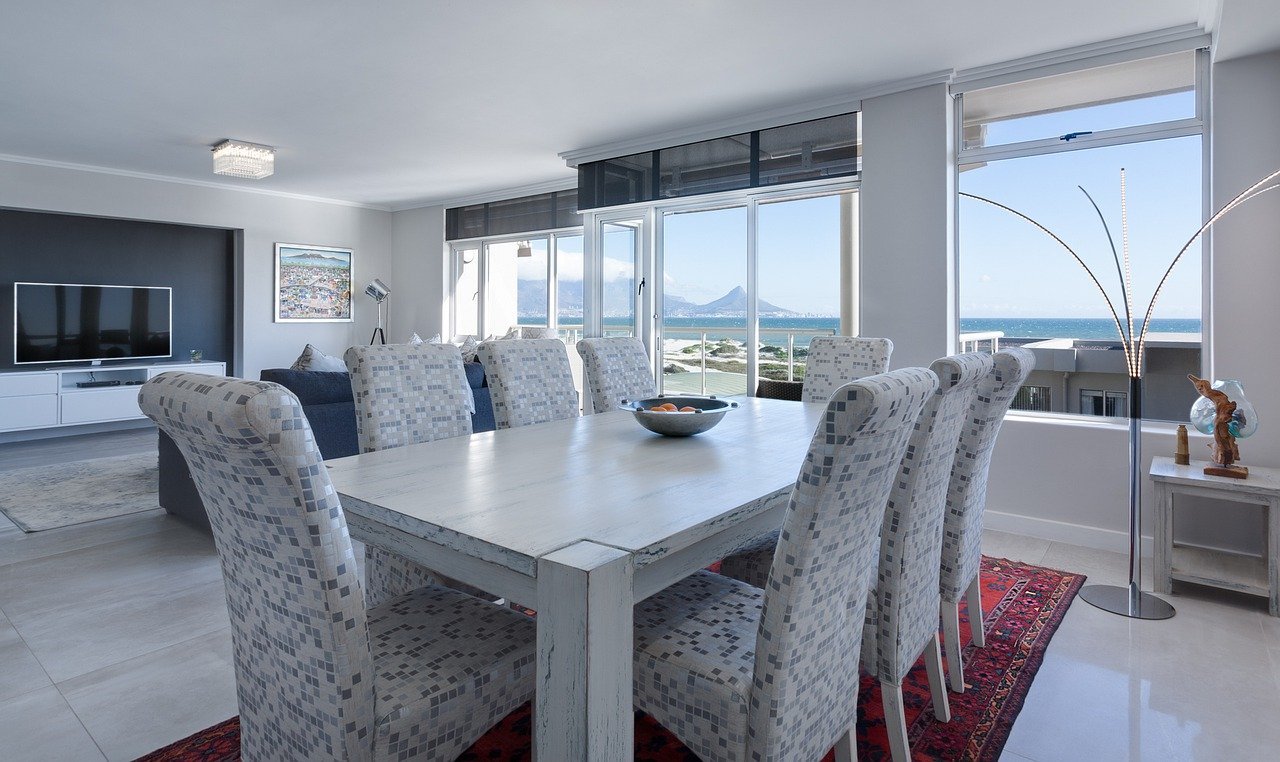
The easiest way to obtain residence in Montenegro is by buying a property.
Whether it is a house or a smaller apartment, as long as you possess all the legal documents required, you are automatically eligible to apply for residency in Montenegro.
Naturally, this requires you to hunt down, find and buy a property that you are happy with.
This might take some time and a bit of research on your side.
Obviously don’t buy the first place you see.
But there are a lot of affordably priced apartments out there, including some really good value houses.
Prices are going to depend on whether you hug the touristy coastal villages or whether you are happy living a bit more off the beaten track.
What is important, though, is that your new property must be “legally habitable”.
You can’t just buy a cheap and empty piece of land and pick up your temporary residence permit.
You should have confirmation of your property ownership according to the local property register.
You will get this extract from the property register after you have purchased your property.
As with all things property, it’s best to get a good real estate agent involved and an independent lawyer to advise you.
I like this route because it is simple and it doesn’t have a lot of ongoing costs.
The government is also solidly behind this route, in terms of attracting foreigners to come and buy property and stay, so it’s a type of application they are used to seeing and approving.
Sure, you need to find and buy property, which is a big upfront cost. But you’ll get a lot of say in this and how much that actual upfront cost is.
And you’ll have some local charges, etc., to do with the property.
But you’d expect these and have to pay them anyway in connection with a place that you live.
The company route

This is also a very promising way to get a residence permit in Montenegro.
The idea is that you incorporate a company and hire yourself as the new company’s executive director.
This then allows you to apply for a temporary residence permit and include your family and dependents on the application.
There are some ‘modalities’ involved in doing this.
You’ll need to incorporate the company, complete a business registration and apply for a work permit (for your employment with the company) on this basis.
You’ll also need to take care of regular booking keeping and accounting filings for the company.
There is usually a monthly charge for these types of services. You should budget for these. I have seen in the range of EUR 100 – 300 a month for this type of thing.
It is really your choice as to how much or how little business you would like to run through the company.
The corporate tax rate has held rock steady at 9% over the last ten years, so it is not exactly a bad jurisdiction for your activities company-wise.
The process takes around 5 to 7 days and should involve a local lawyer or corporate services firm.
You should bear in mind that all the official documentation will be in Montenegrin.
Once you have your company, you will be able to open a bank account in its name. You can then collect all the documents and prepare to apply for your residence permit with the immigration authorities.
This route could work for you if you are planning on doing some consulting remotely from Montenegro, or could use your Montenegro company to provide some advisory services to one of your other businesses outside Montenegro.
The country is open to new companies and new businesses.
The authorities are not really fussy about the exact business of your new company, i.e. in terms of its business plan and how many people it is going to employ, provided your background and general profile check out.
Importantly, you don’t need to employ a certain number of locals in Montenegro or anything like that. This is a plus over similar routes in other countries where you need to prove a level of investment and the number of new, local jobs you are putting into the economy.
All said, this is a very good route and – once you have your lawyers involved – it is low hassle.
The investment route
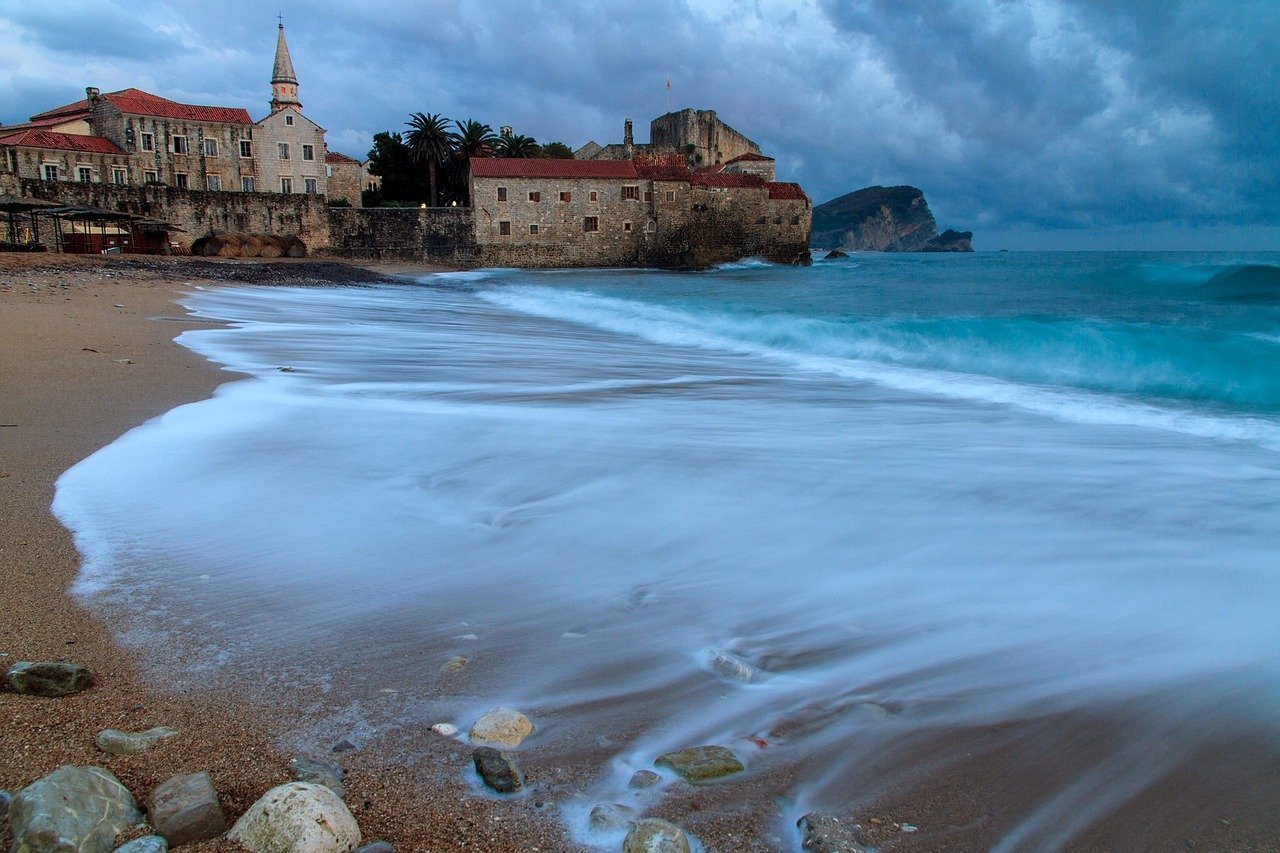
If you are willing to make a substantial investment, Montenegro will welcome you with open arms, issue you with a residence permit and throw in some other durable benefits as well.
According to the policy passed in 2015, the Montenegrin government has decided to allow foreigners into the country through special investment programs.
You have two choices here.
You can:
- invest at least 250,000 euros in real estate located in areas that are considered “underdeveloped”, OR
- invest more than 450,000 euros in real estate in areas that are considered “developed”
Once you’ve done this, you need to pay an additional 100,000 euros to the government as a donation, essentially, plus the various processing fees.
So the minimum upfront cost of this route will be about 350,000 euros.
For the real estate, the “underdeveloped” areas are basically the eastern, central and northern parts of the country.
The coastal areas, including the touristy and expat-friendly hotspots, are the “developed” regions.
For Budva, for example, and pictured above, you’ll need to put in 450,000 euros.
In the north, there is a ski industry developing and there may be some options there in the lower investment bracket.
The benefit of this route is that you’ll not only get residence (if you want it) but the government will grant you a Montenegro passport.
This means you basically jump the queue and get permanent rights in the country, as well as a new travel document, from the get-go.
You can also leave the country at will and without hassle or watching the clock.
On some of the temporary residence permits, you need to check in with the police station when you intend to leave Montenegro. You are also limits on how long you can stay outside the country and keep your temporary residence permit.
Another benefit is that you can hold the Montenegro passport as your second passport if you get it by investment. If you get it by naturalization, however, you have to give up your existing passport in order to get the Montenegrin one. This is a substantial perk over the regular route.
I’d count on a couple of months for the investment route, some $$$ in lawyer’s fees and some hassle in due diligence/background checks, etc. before you hear that you are approved and can expect a second passport.
Bonus: The yacht route
This may be of interest to you if you have sea legs.
If you either own or crew a yacht that has a berthing agreement with one of Montenegro’s marinas, then you can qualify for a temporary residence permit based on your connection with the yacht.
I’m not about to suggest you go out and purchase a yacht and berth it, simply for the residence permit.
But this might be a useful option for you to investigate if you’re already into yachts.
What you’ll need with the documents
Here are the usual documents you will need handy for the two key routes above:
- Valid passports (for yourself and all family members you want to include on your application)
- Marriage certificate (for your spouse, i.e husband or wife, if added to your application)
- Birth certificates (for any children added to your application)
- Criminal record clearances (from your home country or other countries you had lived in for more than six months)
- A document outlining your educational background (and attaching your degrees, educational profile and other qualifications)
- Certificate of property ownership (if you are going the property route)
- Company incorporation certificates and extract of director/shareholder details (if you are going the company route)
- Proof of funds (you need to show you have 3,650 euros per adult person in your Montenegrin bank account)
- Proof of medical insurance (covering all adults and dependent children included on the application)
While I think you will need these types of documents for the investment route, you will also need some others (think due diligence type paperwork, plus all the details/confirmations on what investments you have made, or plan to make to qualify). So best check in on that process with your lawyer if you are interested in the second passport program.
The process to apply for your Montenegro residence permit
The process for you, in outline, works like this:
- Get a consultation from your immigration adviser
- Collect the necessary documents
- Ensure you have entered the country legally
- Apply at the local police station
- Finalize your procedures by giving information regarding your medical insurance, employment (or source of funds), and living circumstances
- Wait for a decision on your application
The residence permit application process takes an average period of one and half months to complete.
Your lawyer and immigration adviser can follow up with the authorities to get you fairly regular updates.
Wrapping up
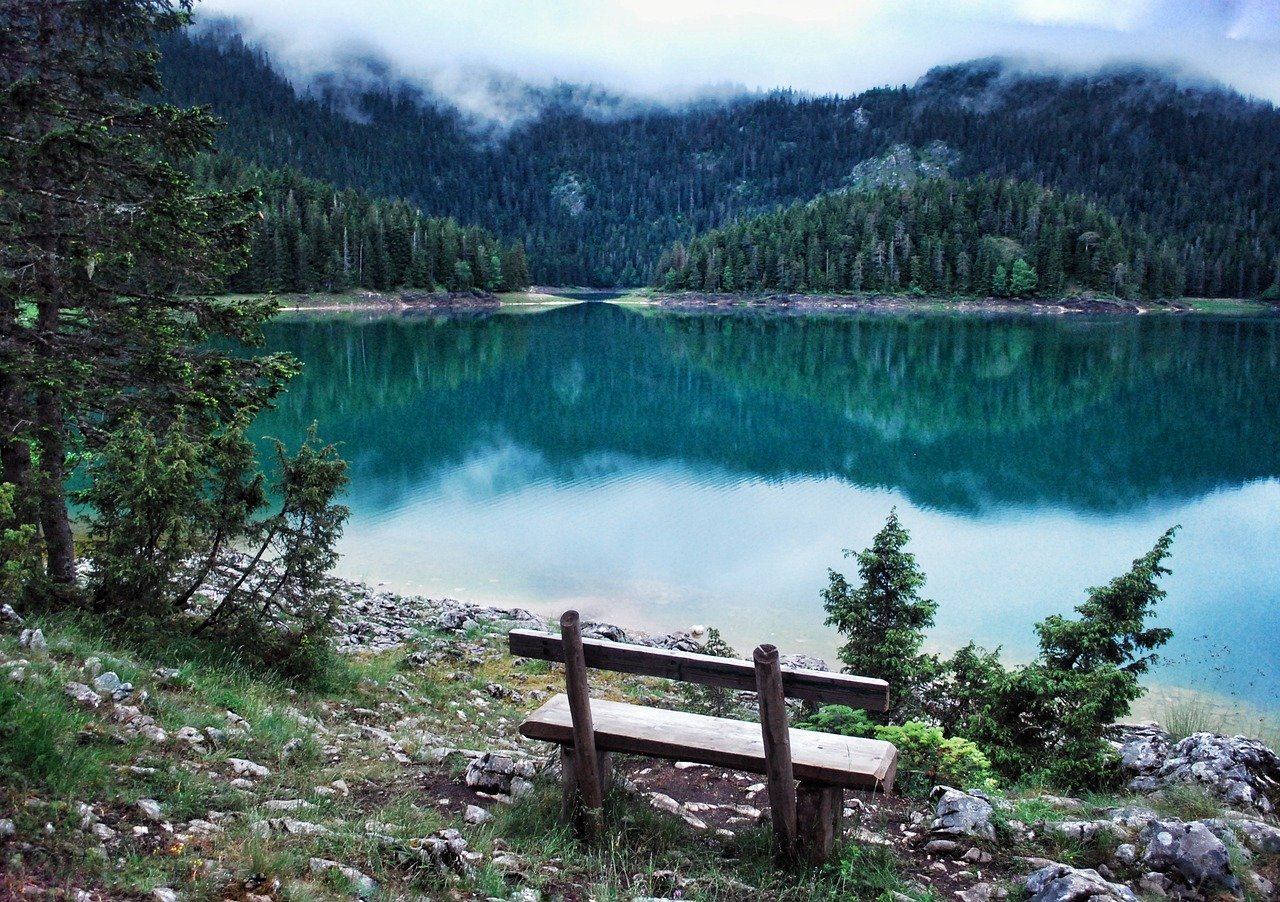
Montenegro has done a great job of making temporary residence available to folks who are willing to base themselves in the country and bring in some investment.
My recommendation for you?
I personally like the real estate option.
It is very affordable.
Montenegro is also a place where you will want to live.
Good climate.
Good people.
Fantastic, central location relative to the rest of Europe.
Breathtaking coastal environs.
Spectacular mountain ranges and roaring alpine rivers.
In short, good variety and a great lifestyle for the money you are putting in.
You are OK for the property program whether you spend 20,000 euros on a place or 100,000 euros.
(This is not like Georgia where you now need to plow in US$ 100,000 to get your foot in the door for residence by property ownership.)
Just make sure it is “legally habitable” and you are good to go.
That’s very manageable in terms of cost.
But this is still an upfront cost and some folks may prefer to get into the country and rent.
If you’re not sure of the move you want to make, it might be good to set up a company and qualify for residence that way.
Then you can rent and the upfront cost isn’t so significant.
(Although you will still need to take into account the cost of incorporating the company and paying for lawyers to help you.)
The company route does have some ongoing costs, though, so there is a trade-off there.
Bookkeeping and filings, etc., will cost you on a regular basis.
If you are after permanent residence, you will want to check your preferred route with a lawyer.
Some folks say that the property route can never lead to permanent residence or citizenship.
So I would want to check that out if this is in the cards for you.
(Apparently, this is not the case with the company route and when you hold a work permit.)
If you want something durable, with no years to wait, then the investment route (and a second passport) might be the best choice for you. Low taxes may sweeten the deal for you if you want to base or run business interests through Montenegro.
There’s also some possibility that Montenegro will join the EU and you will end up with an EU passport.
Of course, you’ll have to be happy with the high upfront cost and the type of investments you will need to make.
As with all investments, there’s no guarantee you will (a) get a return or (b) be able to exit for what you paid.
Most folks who know the Montenegro real estate market tend to think the opportunities here are long term.
There will be a bump, of course, when and if the country joins the EU.
For my humble two cents, and if it is just residence you are after, nothing can beat the property or company routes. These will get you your Montenegro residence permit and fast.
Whatever your situation, I would recommend you spend a few months in Montenegro as a tourist first to work out whether the country is for you and where you might like to live.
You can also use the time to meet with people locally (real estate agents, lawyers, etc.) and get an impression on who you would like to work with and who knows their stuff.
Last Updated: 2021-03-07 04:09